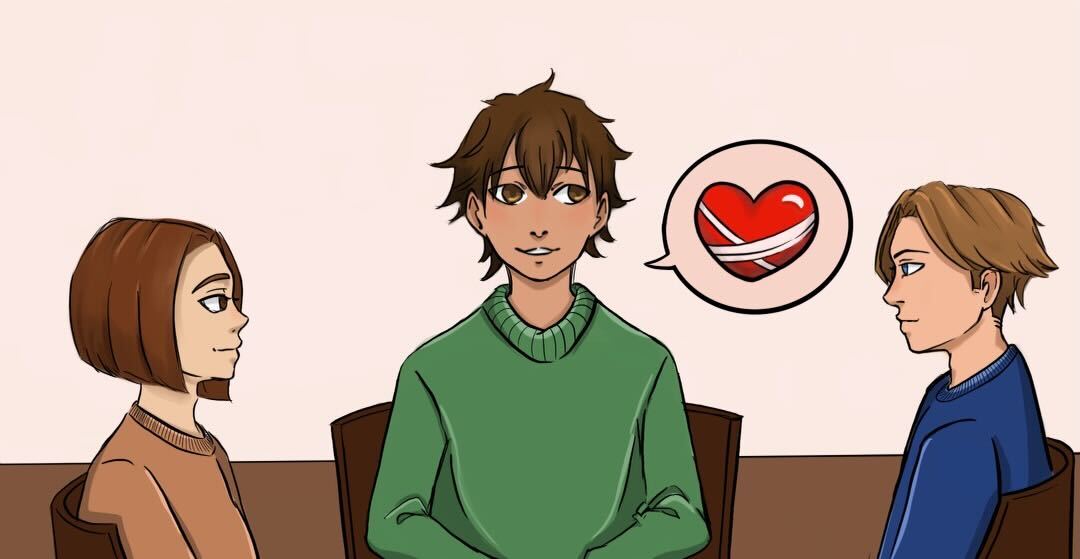Being a student at Paly, I often get asked about the school’s stressful environment. At the end of the day, yes, Paly has stress etched into the walls of our classrooms. And yet, with stress from school and bouts of depression and anxiety, I would never consider going to the Wellness Center as a solution.
Firstly, I’ve never understood how the Wellness Center works. To me, it seems to be this mysterious room in the middle of campus.
When I walk into the center, I am welcomed with bright colors, an array of snacks and smiling faces on a group of people I have never seen before. It seems like a sugar-coated playhouse, but the lack of knowledge around it gives it an uneasy quality.
Second, I was told by several teachers that all Paly staff are mandated reporters, meaning anything I say can be reported if it is concerning. Being worried your words are being recorded makes it hard to reach out and voice your problems.
Thus, this system seems to be ineffective in helping the people who it was designed for. Instead, I propose to integrate mental health into the Living Skills curriculum.
I am taking Living Skills this year as a senior, and I’m shocked at how helpful this class actually is and how much potential it has regarding student mental health.
All of the topics I have learned through Living Skills are linked to psychology and mental health – core subjects that teens should know about when dealing with their well-being.
However, the beauty of Living Skills is that students feel comfortable sharing about themselves in a way that isn’t stigmatized by mental health.
Students talk about issues that are clearly linked to mental health without the anxiety that arises at the mention of the name.
For example, we had a discussion on the differences between how men and women are treated in today’s society in class.
When speaking to a guy next to me, he opened up about how he feels pressured to hide his emotions.
What resulted was an eye-opening conversation about how he used to turn to substance abuse to deal with his depression.
I was shocked that he felt comfortable sharing this information with me. This demonstrates how safe he felt in our classroom.
Living Skills sneaks in topics about wellness without making students feel uncomfortable about sharing their personal experiences.
Students walk away from the classroom feeling good because they had someone to talk to without even thinking they just did something tied to mental health.
Conversations around our well-being shouldn’t be stigmatized as scary or always delve into deep discussion.
In fact, simply talking with one another about how we feel or what’s on our minds is an effective way to alleviate the stress and let someone know that they’re not alone.
Thus, I also propose that Living Skills be taught by people who work at the wellness center.
This way, students will be acquainted with the wellness staff, understand what the wellness center is about and create a connection with them to feel more comfortable reaching out when they need it.
Anyone, no matter if they are struggling with severe depression, or just going about their day, will benefit from having someone to talk to, whether it be a teacher or a classmate.
With that said, I don’t know how to resolve the problem with mandated reporting.
In an ideal world, I would prefer teachers to not report their students.
However, I understand this is done for liability issues. I believe mandated reporting usually causes more harm to students because they have the added fear that what they are saying will be reported.
If instead, mental health was introduced to students in a neutral, unobtrusive way – such as through Living Skills – I believe students would benefit much more from the mental health resources Paly has to offer.


